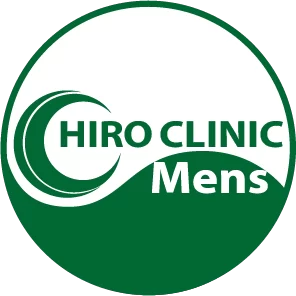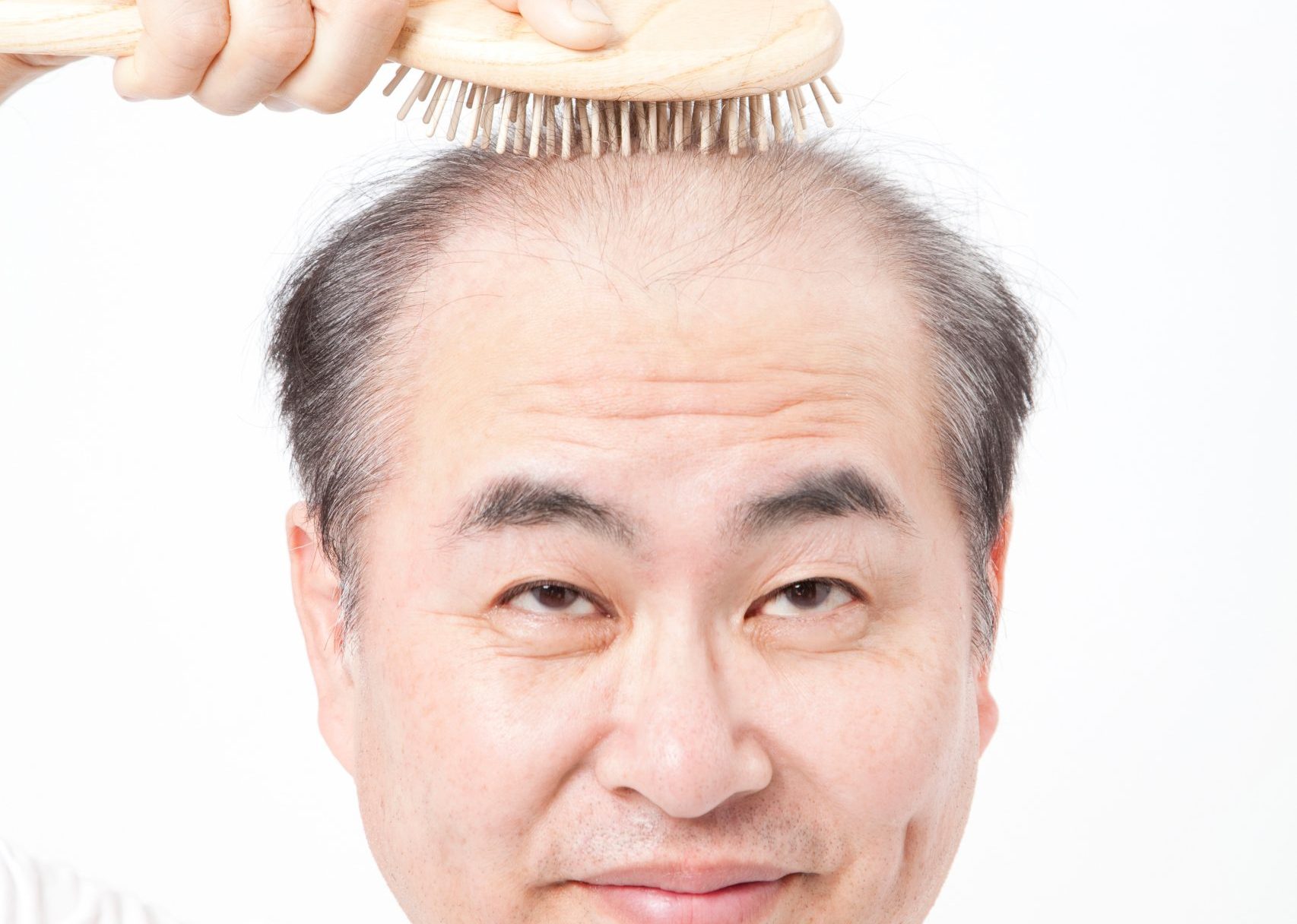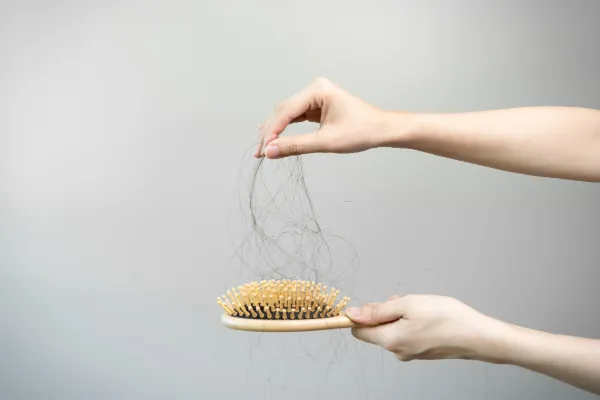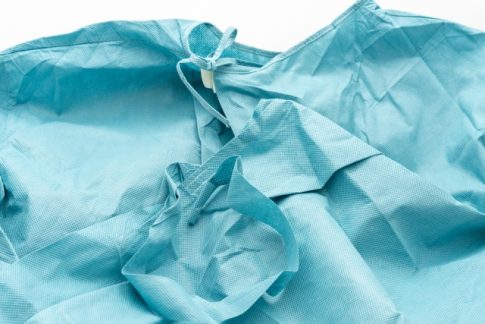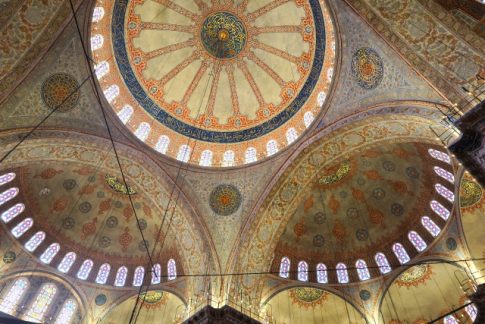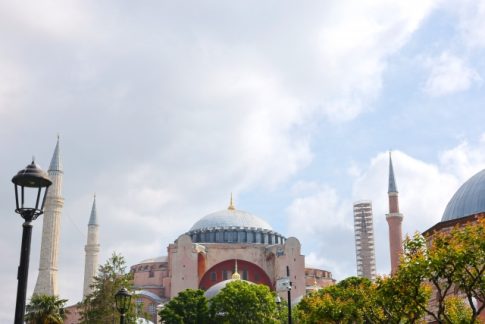この記事の概要
The recovery period after hair transplant surgery requires relaxation, not only physically but also mentally. Aromatherapy is effective for stress reduction and relaxation and supports postoperative recovery. This article details aromatherapy as a method of relaxation after hair transplant surgery.
What is Aromatherapy?
Aromatherapy is a natural therapy that uses essential oils extracted from plants to promote mental and physical health. Smelling the scent can have a relaxing effect, and applying essential oils to the skin can improve physical ailments.
The Importance of Relaxation After Hair Transplant Surgery
1. Reduce stress
After surgery, you will likely be under increased physical stress, which can slow down your recovery, so relaxation is important.
2. Improved sleep quality
Good quality sleep is essential for recovery after hair transplant surgery, and aromatherapy can help improve the quality of your sleep.
3. Improves blood circulation
Relaxation improves blood circulation, helping the transplanted hair to take root .
How to use aromatherapy
1. Use a diffuser
By diffusing essential oils with a diffuser, the scent will spread throughout the room and have a relaxing effect. The following essential oils are particularly recommended:
Lavender: Highly relaxing and promotes sleep.
Chamomile: Helps reduce stress and promote relaxation.
Geranium: Helps to balance emotions and promote relaxation.
2. Use as a massage oil
Essential oils can be diluted with a carrier oil (e.g. jojoba oil, almond oil) and used as massage oils. Massage improves circulation and relieves tension.
Rosemary: Promotes blood circulation and is great for scalp massage.
Peppermint: Cools and refreshes.
3. Bath salts and bath oils
Mixing essential oils with bath salts or bath oil and taking a bath will help relax your entire body.
Eucalyptus: Helps with breathing and has a relaxing effect.
Orange: Brightens the mood and reduces stress.
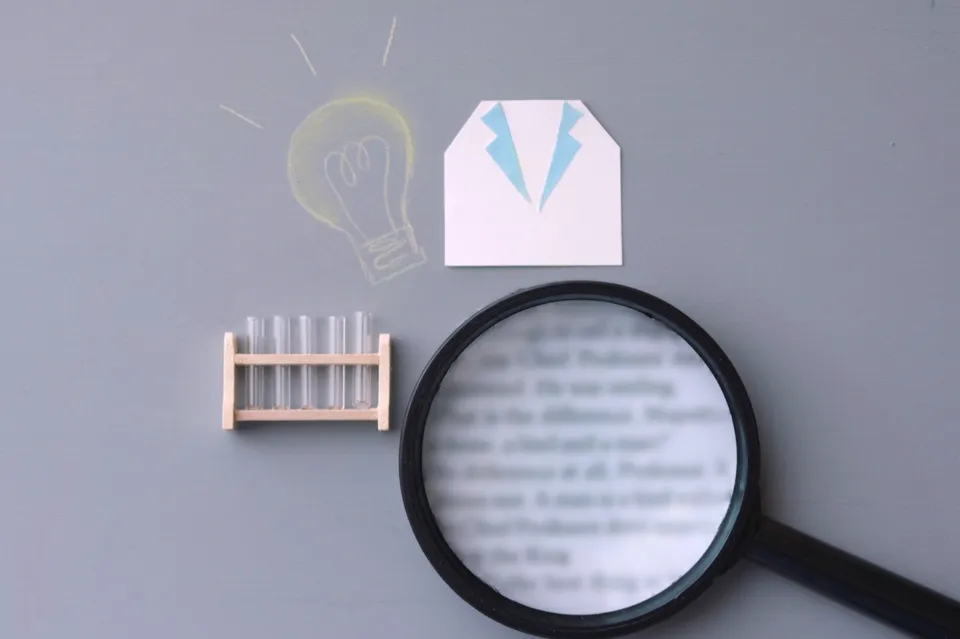
Aromatherapy precautions
1. Diluting essential oils
Essential oils are highly concentrated and should never be applied directly to the skin; they should always be diluted with a carrier oil.
2. Patch test before use
To avoid allergic reactions, perform a patch test on your skin before using an essential oil for the first time.
3. Consult with your doctor
It is important to discuss the use of aromatherapy with your doctor, especially during the sensitive period after surgery. Seek professional advice as certain essential oils may affect your recovery.
Practical example: Aromatherapy for relaxation
1. Relaxing in the bedroom
Use a diffuser: Diffuse lavender or chamomile essential oils in your diffuser before bed to create a relaxing environment.
Aromatherapy spray: Lightly spray lavender aromatherapy spray on your pillow and sheets to help you relax and drift off to sleep.
2. Reduce everyday stress
Hand Massage: A refreshing massage of your hands and arms with diluted rosemary and peppermint oil.
Bathing: Take a bath with bath salts infused with orange or eucalyptus essential oils to soothe and unwind after a long day.
3. Scalp care
Scalp massage: After your surgery, your scalp will be gently massaged with diluted rosemary and lavender oil to improve circulation and provide a relaxing effect.
Summary
Relaxation after hair transplant surgery is crucial to support recovery and reduce stress. Aromatherapy is a natural way to relax the mind and body and promote healthy recovery. Understanding how to select and use essential oils and practicing proper relaxation techniques can help your post-surgery recovery go smoothly. Follow your doctor’s instructions and incorporate aromatherapy effectively to ensure a comfortable recovery period.
